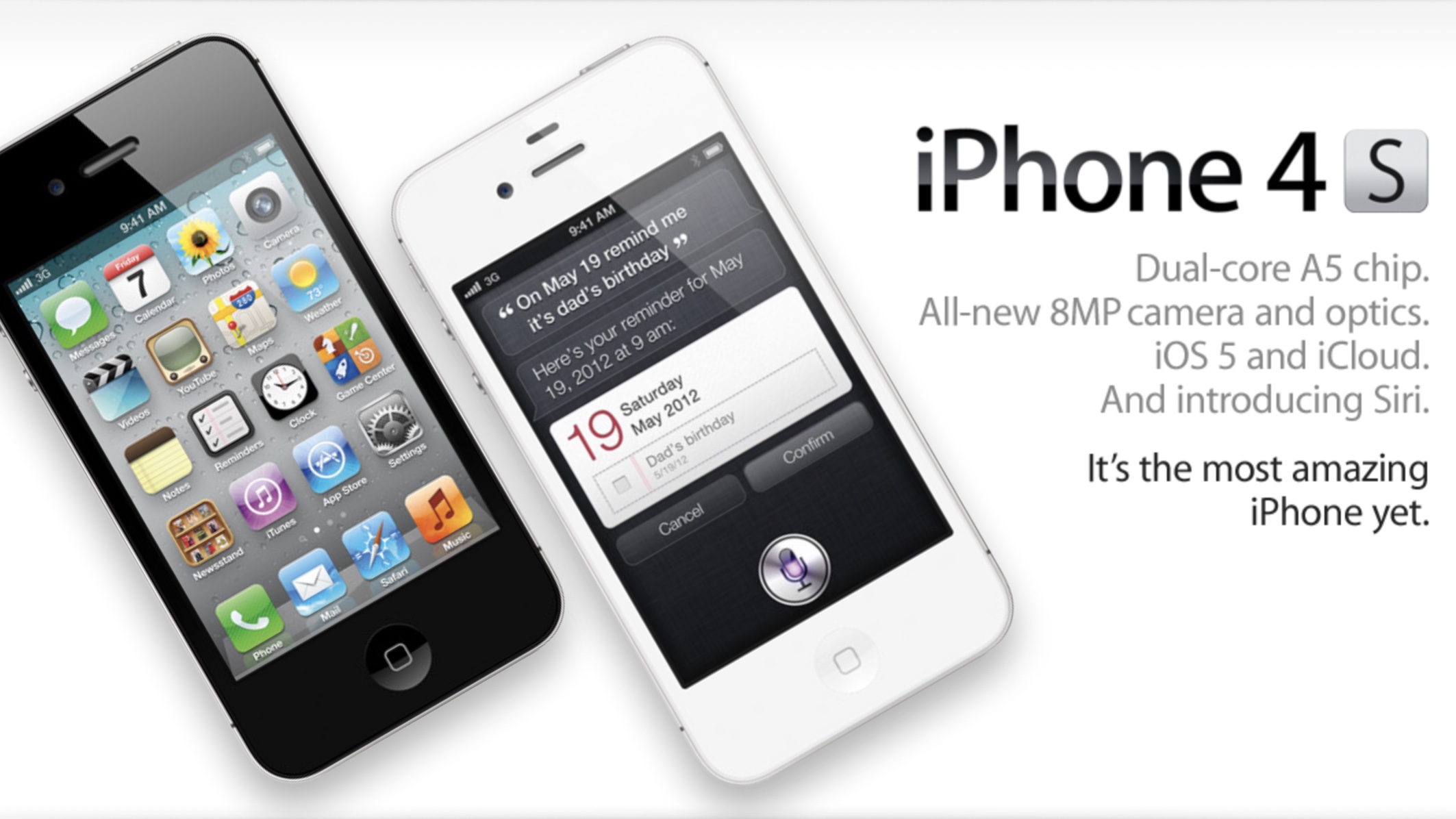
Apple has agreed to settle a long-lasting six-year class-action lawsuit that accused it of knowingly slowing down iPhone 4S devices following the iOS 9 update in 2015, agreeing to pay some iPhone 4S owners who had experienced poor performance $15 each for their claims.

The class-action lawsuit was initially filed in December 2015 by plaintiffs representing a group of iPhone 4S customers from New York and New Jersey. The lawsuit accused Apple of falsely marketing the iOS 9 update as providing enhanced performance on devices it supports, including the iPhone 4S.
Apple marketed iOS 9 with the tagline "The most advanced mobile experience. Now even more so." The update included proactive Siri Suggestions, Slide Over, Split View, Picture in Picture on iPad, etc. On the iPhone, Apple promised "under-the-hood refinements [that] bring you more responsive performance." The class-action lawsuit argues that the claim was false marketing for the iPhone 4S, the oldest iPhone iOS 9 supported.Plaintiffs collectively filed the operative Complaint in this action alleging that the Class was harmed when consumers downloaded iOS 9 onto their iPhone 4S devices after being exposed to Apple’s allegedly false description of the new operating system. Plaintiffs contend that Apple misrepresented that iOS 9 was compatible with the iPhone 4S and would improve or “enhance performance” for its customers that downloaded the software update. Instead, Plaintiffs contend, iOS 9 significantly slowed down the performance of their iPhone 4S devices.

Apple claiming iOS 9 offers faster performance for supported devices, including the iPhone 4S
Under the settlement, Apple allocated $20 million to compensate iPhone 4S owners in New York and New Jersey who experienced poor performance after updating to iOS 9. Customers who believe they are entitled to the $15 must "submit a declaration under the penalty of perjury that, to the best of their knowledge, they downloaded iOS 9, or any version thereof, onto their iPhone 4S... their iPhone 4S experienced a significant decline in performance as a result, are entitled to a payment of $15 per applicable device."
A website will be created where customers who believe they are entitled to the settlement will be able to submit a form, providing their name, email, iPhone 4S serial number (if possible), and mailing address. See the full motion here.
Article Link: Apple Reaches Settlement to Pay $15 to Some iPhone 4S Owners Who Experienced Buggy Performance After iOS 9 Update
Last edited:


